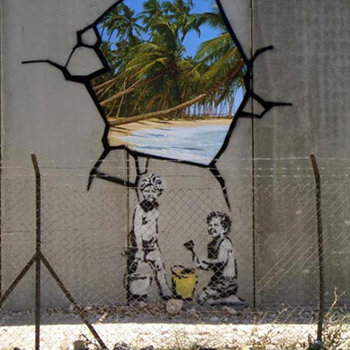What type of regime did Ng Dinh Diem have in South Vietnam?
2 Answers
One which was corrupt and dictatorial.
Explanation:
Diem's regime, backed by the USA became increasingly oppressive as pressure grew to hold democratic elections. Diem refused afraid that his opponents might win.
However he became an embarrassment to the USA and he and his brother were assassinated in a CIA backed military coup in 1963.
It was just days before the Kennedy assassination and his widow Madame Nhu, along with others, pointed to a conspiracy. The military took over but far from ending the conflict it contributed to both its escalation and a rapid increase in US combat soldiers in Vietnam.
I would say that even if backed by the strength of the US he probably tried to lead a regime to really exert some kind of independent control on South Vietnam.
[Probably I got carried away in my answer!]
Explanation:
Ngo Dinh Diem was a peculiar figure in the panorama of politician/dictators of South East Asia. To understand his regime it is necessary to understand the man (even if it seems a cliché). Diem was a fervent Catholic (in a country where, at best, Catholics were tolerated); during the period of the French occupation he was a public servant known for his honesty and diligence, probably he was not very diplomatic and tended to be a "Yes or NO" kind of person. On top of it he was probably influenced by his past, when under the service of emperor Bao Dai, he inherited a kind of nepotistic approach to power so that he surrounded himself of relatives to occupy important positions (his brother as chief of the secret police and in particular his wife weren't really a success!).
Diem was a peculiar kind of dictator and his regime reflects strongly his defects:
1) He tended to prioritize the Catholics (he spent two years in the US living in a monastery where the friars noticed that he prayed more than them!): in situation as reforms and land redistribution or protests (as the self-burning of Buddhist monges) he preferred to help the Catholics (Catholic celebrations, for example, were allowed while Buddhist weren't, in particular in the imperial town of Hue where one of Diem's brothers was the archbishop!). This didn't produce many sympathies to his regime.
2) His government was very autocratic and centered on Diem and his family: he was somewhat ruthless against opposition as Ho Chi Min in the north but he was isolated from the people and surrounded by his cohort of relatives (most of the time doing their nasty deeds) without mingling with the crowd and even dressing "differently" as a westerner. This situation made his regime even unpopular between anti-communists! During a failed coup in 1960 soldiers surrounded the governmental palace and while Diem was taking time discussing reforms (necessary and fair) with the leaders of the insurgents he summoned loyalist troops to surround the insurgent and capture them. After, he didn't even acknowledge the promises of reforms he had made earlier to the insurgents!
3) His control of the Army was, at best, precarious: the army was dominated by local "warlords" that reacted in function of the amount of bribes they were receiving; they sold everything from weapons to the food for the troops to get money! The trooper normally had to find food and shelter for himself and frequently for his family. As long as Diem had money he could control the army and at least avoid revolts and internal fighting but on the subject of fighting the communist the Americans and President Kennedy soon realized that it was hopeless.
4) Diem wanted to be independent but depended upon the US for money! The US president tried to steer Diem towards a more efficient politic and military posture pumping more money into the nation but Diem feared his generals and imposed that the command of every military action had to be shared with local government leaders. This was obviously absurd because these local politicians even if on the surface supportive of Diem were doing their business and stealing and even getting paid to reveal to the Viet Cong the army intentions.
Soon the US were forced to acknowledge that the Diem's regime was not winning or even fighting against the communist and to send a more heavy "help" to fight the war.
Diem obviously jealous of his autonomy and exclusive control over the country tended to undermine and limit his generals (for fear of his generals to be too popular and threaten his supremacy) leading him to absurd measures as in the case, for example, of a Vietnamese colonel who had won a notable victory against the enemy at the cost of several of his own men. Diem immediately summoned the officer and threatened to stop his promotion if he incurred any more casualties.
The intimidated colonel returned to his unit and from that day onward attempted to avoid combat, refusing to send his men forward if the enemy attacked and calling instead upon air strikes and artillery.
It was enough for the US to threaten Diem with a cut in money that his generals immediately started to plot and finally eliminated him (1963).
As a personal consideration I think that Diem tried to do something impossible: to establish a regime to make South Vietnam an independent and autonomous state, in a South Vietnam where no one was really interested or cared, creating a family dominated dictatorship centered on himself and devoid of any realistic connection with reality or the needs of the population. It was even more impossible because to sustain this regime he needed the support of a foreign nation, the US, without which he didn’t survive one year!


